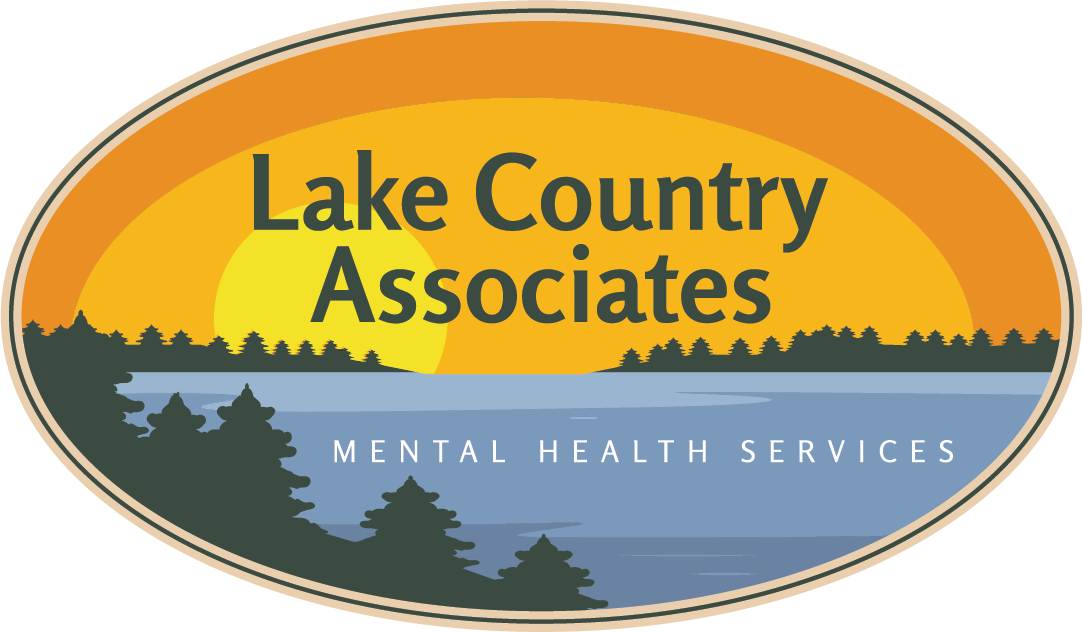
Most people know someone who has struggled with mood-altering substances, alcohol and/or drugs. Maybe it was a friend, family, neighbor or maybe it was yourself. If someone’s substance use was causing enough commotion in their life, they may have received an assessment, either a Rule 25 or more recently, a Comprehensive Assessment. If they were given a diagnosis of a Substance Use Disorder (SUD), they may have been encouraged to attend SUD treatment, in which a treatment plan would have been created.
A treatment plan is a roadmap that lays out the small steps on the road to recovery. In my ten plus years working as a Licensed Alcohol/Drug Counselor (LADC), I have worked with people on hundreds of treatment plans. One of the common questions I’m asked during this process is, “Why do we have to involve my family?”.
Why not Involve others?
There are many reasons people are reluctant to involve others. One reason is out of fear. They fear that they will lose relationships and benefits if their secret is exposed: their inability to control their substance use. They also fear that they will gain something they do not want: judgement or accountability for their actions.
If they want to continue to abuse substances or do not believe they have a drug/alcohol problem they fear the loss of benefits provided by family or important people who, whether knowingly or unknowingly, may enable their behavior.
Another reason could be that their loved one may also struggle with substance abuse and they want to avoid being embarrassed by them or having others learn of their problems. Despite the reasons why people may not initially want to involve others in their recovery, their recovery may rely on it.
Why is it important?
Family members and loved ones want to help, though they often don’t know what to do. By involving them and educating them about the process of recovery, we can increase the chances that they will be helpful and effective in times of need.
Involving family in treatment planning is encouraged by the designers of treatment programs in our state. Minnesota Statute says: “The [treatment plan] must provide for the involvement of the client’s family and people selected by the client as important to the success of treatment at the earliest opportunity”. Not only is involving family and loved ones effective, it’s encouraged by SUD experts across the state.
Overall, participation in a loved one’s treatment planning process increases the chances of long-term recovery. It provides an opportunity to address many family concerns, which can include providing resources for family and friends or assisting them in coping in a healthy manner with their loved one’s Substance Use Disorder.
How does it work?

As long as the client signs a Release of Information for the person to participate in their treatment program, family and friends can participate. Loved one’s participation can occur in a group setting, family session, or even individual sessions with the LADC. It can also be done through a questionnaire or over the phone. The important thing to remember is that Substance Use Disorders impact family, friends and other people we care about. Bringing them into the process allows everyone to heal together.
Need more information?
Lake Country Associates (LCA) is now offering day and evening SUD groups in our Menahga office as well as individual therapy and SUD assessments. To schedule an appointment, call 218-366-9229 (Park Rapids) or 218-564-9229 (Menahga). To download brochures and forms, go to our forms page.
